Romanians returned 348.8 million packaging items in March 2025, the equivalent of over 32,100 tonnes of PET and glass bottles and aluminium cans, which were directed for recycling, according to official data with the Ministry of the Environment, Watercourses and Forestry (MMAP).
"The deposit-refund system (SGR) continues to record positive results, consolidating itself as an essential mechanism for protecting the environment and reducing waste in Romania. According to official data, in March 2025 alone, Romanians returned over 348.8 million packaging units, the equivalent of over 32,100 tonnes of PET and glass bottles and aluminium cans, which were directed for recycling," according to MMAP.
The sustained pace of development of the SGR infrastructure is also confirmed by the expansion of the national network of automatic collection points, with 192 new RVMs (Reverse Vending Machines) put into operation in the last month. They support an ever-expanding national network that facilitates citizens' access to recycling.
In the first quarter of 2025, the SGR achieved significant performances: over 190.2 million PET bottles, 88.7 million aluminium cans and 69.7 million glass bottles.
"SGR has very good results for the beginning of this year, and in the last month we continued together to make Romania cleaner. The return of packaging is more efficient, and the number of non-functional collection points is constantly decreasing," according to the aid the Minister of the Environment Mircea Fechet.
According to recent assessments, the counties of Murea and Salaj stand out for the full functioning of the automatic collection points in the last four weeks. Also, the counties of Vrancea and Botosani kept up a high level of operability, with only a few exceptions.
MMAP announces a new stage in the implementation of SGR, by extending the collection to rural communities. In the coming weeks, a mobile collection system will be tested, which will transit through small towns in Romania. Thus, the inhabitants of villages in mountainous areas or in the Danube Delta will have easy access to return packaging and the recover the related deposit.
"SGR should reach every community, be it urban or rural. Nature needs friends in big cities, but also in the most distant hamlets," added Fechet.
The counties of Bihor and Constanta will become new important SGR logistics hubs by opening two regional packaging counting and sortingcentres. These will join those already operational in the counties of Prahova, Dolj, Bacau, Brasov, Cluj, Ilfov and Timis.
Increasingly more citizens choose to collect packaging separately and return it, and this behaviour is actively supported by entrepreneurial initiatives dedicated to recycling. "The results are remarkable and demonstrate that recycling is becoming a frequent practice in the daily life of Romanians," the MMAP official also said .
MMAP also constantly monitors the management of deposits. About 60% of the registered merchants - out of a total of over 67,000 - are active in the system. The efficiency of the functioning of SGR also depends on the promptness of payments to traders, and the ministry supports a constant dialogue for the rapid remedy of any delays or irregularities.

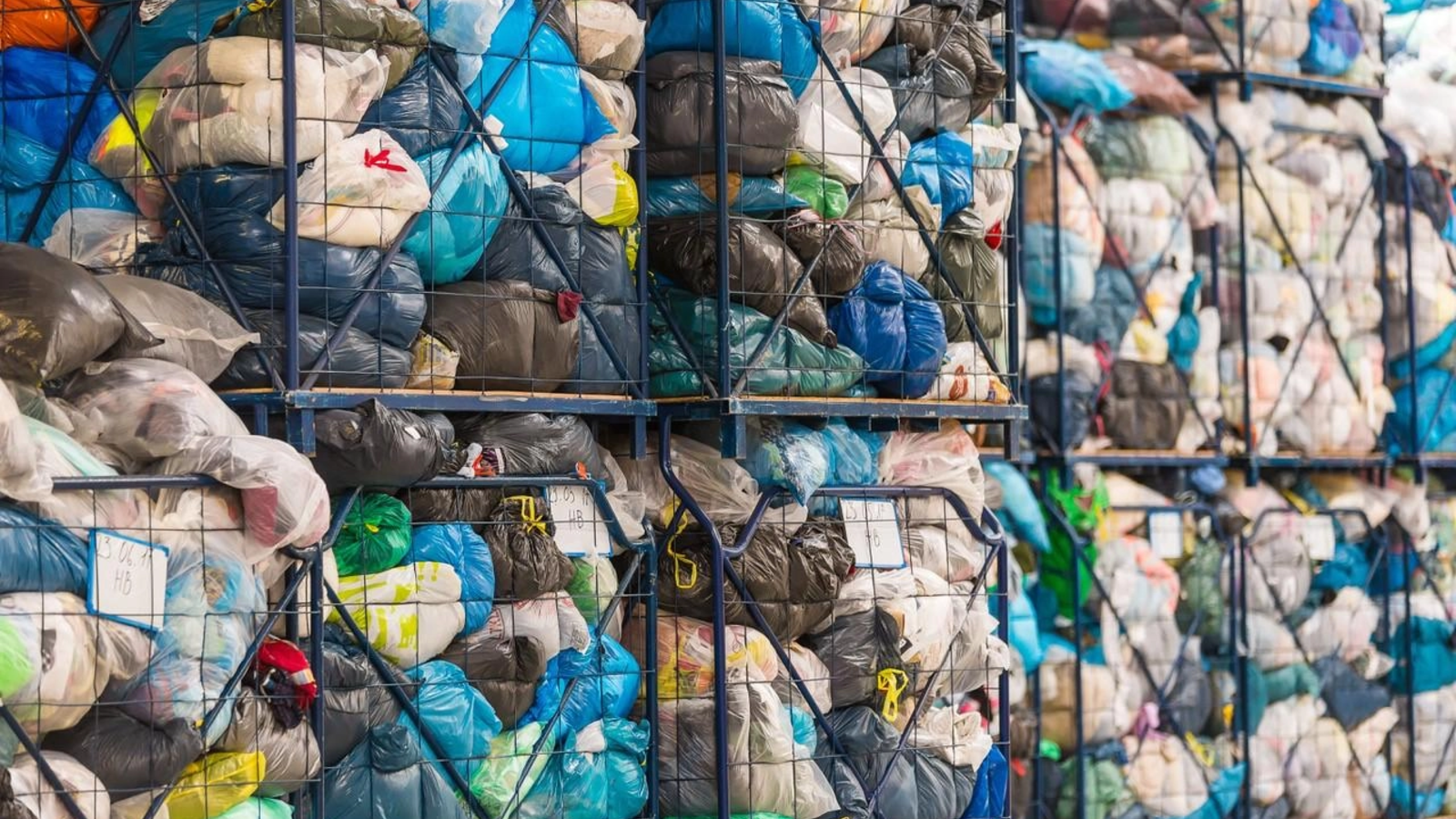
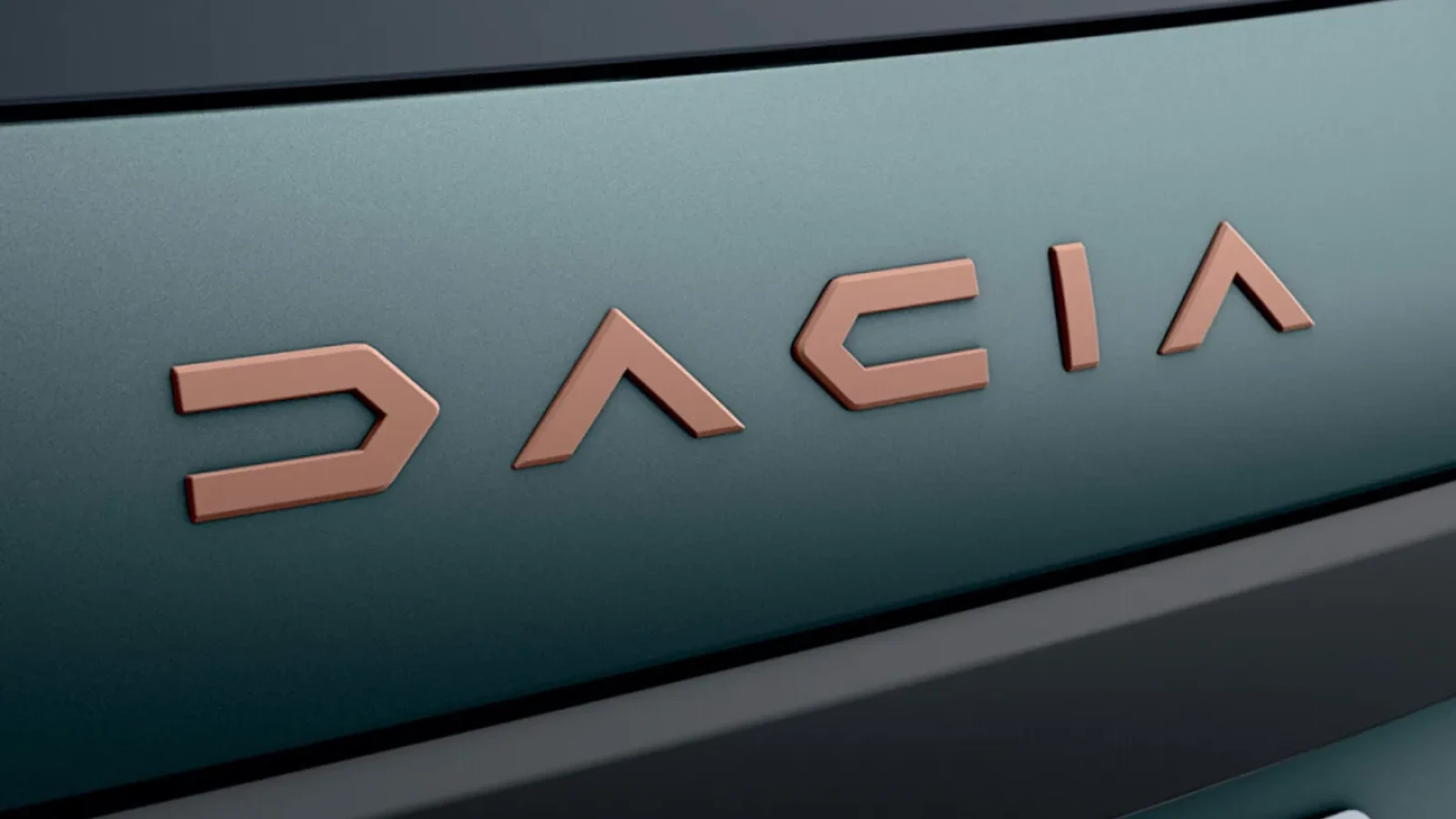



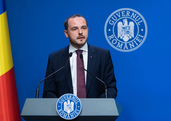

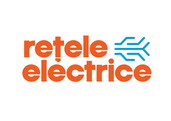
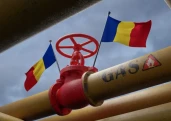
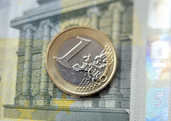
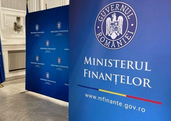









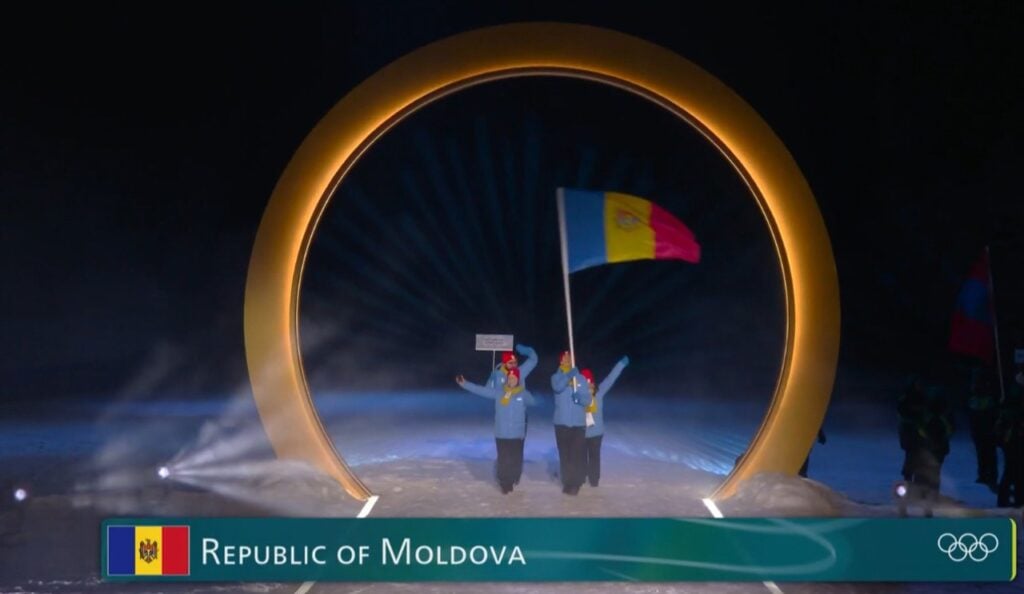










Comentează